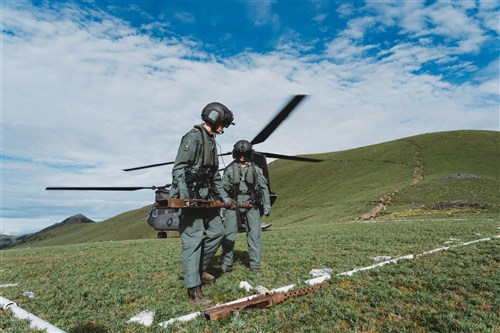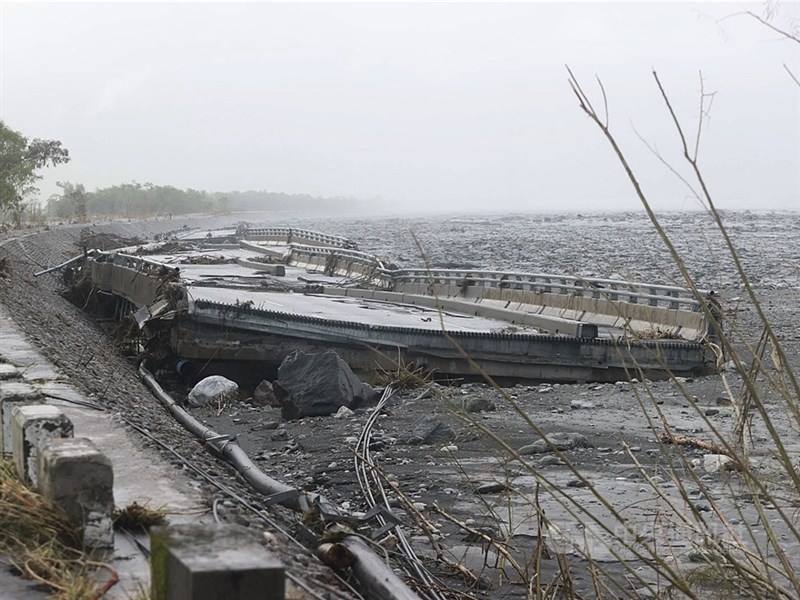FEATURE/Taiwan may be a tech hub, but use of paper ballots steeped in history
01/14/2024 07:06 PM
Manually casting and counting paper ballots may seem out of tune in a high-tech hub, but that is how Taiwan has always handled its elections, including in 2024, when Taiwanese cast 42 million votes for presidential and legislative candidates.
(Full text of the story is now in CNA English news archive. To view the full story, you will need to be a subscribed member of the CNA archive. To subscribe, please read here.)
More in FEATURE
![Amid obstacles, Taiwan businessman still seeking WWII tragedy closure]() Amid obstacles, Taiwan businessman still seeking WWII tragedy closureWorld War II may have ended 80 years ago, but for businessman Hsu Shun-lung (許順隆), it continues to echo in Taiwan through a tragedy that has yet to be brought to a final resolution.12/27/2025 09:48 AM
Amid obstacles, Taiwan businessman still seeking WWII tragedy closureWorld War II may have ended 80 years ago, but for businessman Hsu Shun-lung (許順隆), it continues to echo in Taiwan through a tragedy that has yet to be brought to a final resolution.12/27/2025 09:48 AM![End of an era: Tai Tzu-ying and her legacy]() End of an era: Tai Tzu-ying and her legacyLate Friday night, former world No. 1 female badminton player Tai Tzu-ying (戴資穎) officially announced her decision to hang up her racket via social media, drawing to a close a professional career that has spanned over half of her 31 years of life.11/08/2025 05:00 PM
End of an era: Tai Tzu-ying and her legacyLate Friday night, former world No. 1 female badminton player Tai Tzu-ying (戴資穎) officially announced her decision to hang up her racket via social media, drawing to a close a professional career that has spanned over half of her 31 years of life.11/08/2025 05:00 PM![Hualien flood leaves Taiwan grappling with disaster response gaps]() Hualien flood leaves Taiwan grappling with disaster response gapsOn Sept. 23, a historic downpour caused the Matai'an Barrier Lake in Hualien to burst its banks, sending 60 million tons of water and debris through Guangfu Township and killing at least 19 people.10/16/2025 05:02 PM
Hualien flood leaves Taiwan grappling with disaster response gapsOn Sept. 23, a historic downpour caused the Matai'an Barrier Lake in Hualien to burst its banks, sending 60 million tons of water and debris through Guangfu Township and killing at least 19 people.10/16/2025 05:02 PM
Latest
- Business
U.S. dollar up in Taipei trading
02/04/2026 10:26 AM - Culture
Mystery novels: Writer Mou Yip on how genre binds Hong Kong and Taiwan
02/04/2026 10:14 AM - Society
Taiwan headline news
02/04/2026 09:21 AM - Business
Taiwan shares open higher
02/04/2026 09:06 AM - Business
Starlux showcases Taiwan's 1st Airbus A350-1000 at Singapore Airshow
02/03/2026 09:54 PM


